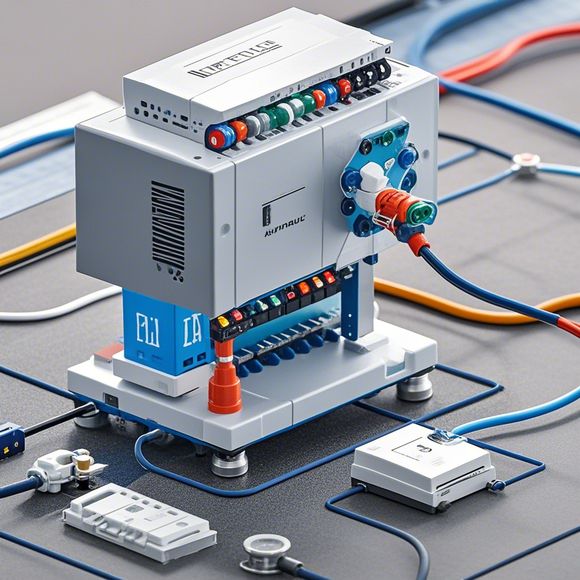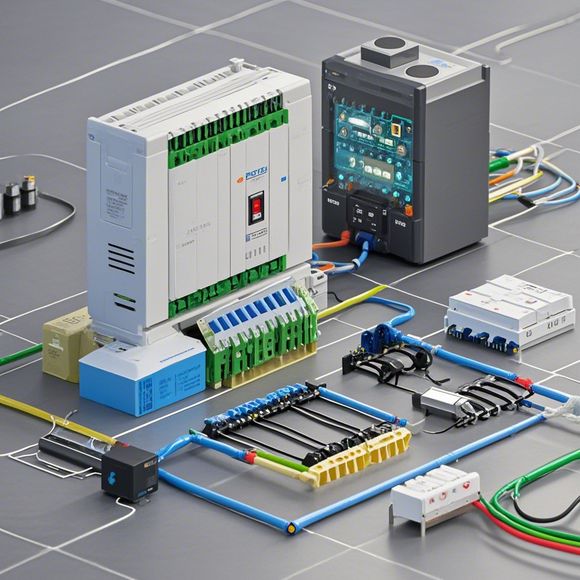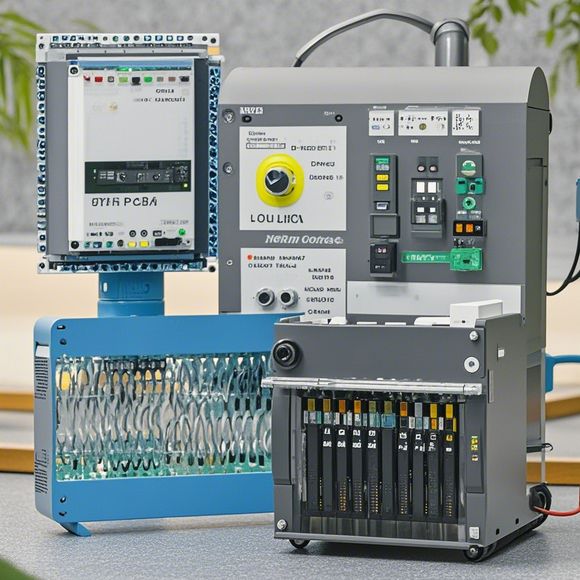PLC Controllers: The Backbone of Industrial Automation
PLC Controllers, also known as Programmable Logic Controllers, are the backbone of industrial automation. They are responsible for controlling the flow of production processes and ensuring that they run efficiently and effectively. With their ability to program logic and make decisions based on data input, PLC controllers can automate a wide range of manufacturing tasks. This allows companies to save time and money by eliminating human error and reducing the need for manual intervention. In addition, PLC controllers can be easily integrated into existing systems, making it easier for businesses to stay up-to-date with the latest technological advancements. Overall, PLC controllers play an important role in modern industrial automation, providing reliable and efficient control over complex production processes.
In today's manufacturing landscape, where efficiency is king and productivity is the new currency, industrial automation has become an integral part of every business. Among the key players in this digital revolution are the Programmable Logic Controllers (PLCs), which have become the backbone of industrial automation.
The Importance of PLCs in Manufacturing
PLCs are the brain of any industrial system – they are the intelligent controllers that manage the operations of a manufacturing facility. They take complex tasks and turn them into simple commands, ensuring that everything runs smoothly and efficiently. Without PLCs, it would be like trying to operate a car engine without a fuel injection system or a computer without a processor – it's just not possible.

PLCs are versatile and can be used in a multitude of applications, from small-scale production lines to large-scale factories. They can be configured to control robots, monitor temperature, measure flow rates, process materials, or even communicate with other systems over a network.
The Benefits of PLCs
One of the biggest advantages of PLCs is their flexibility. With a variety of programming languages and software tools available, manufacturers can tailor their controllers to suit their specific needs. This means that they can quickly and easily adapt to changing market demands or technological advancements.

Another significant benefit of using PLCs is their reliability. These controllers are built to withstand a high degree of pressure and wear-and-tear, making them a reliable choice for industrial environments. They are also designed to be easy to maintain, reducing downtime and maintenance costs.
Finally, PLCs are cost-effective. While they may initially seem expensive, the long-term benefits of increased efficiency, reduced downtime and lower maintenance costs make them a worthwhile investment for any manufacturing facility.
Conclusion

As we look towards the future of industrial automation, PLCs are set to play a central role in shaping the way we produce and manufacture goods. Whether you're a small business owner looking to streamline your operations or a major corporation seeking to maximize efficiency, investing in PLCs is a smart move. With their versatility, reliability, and cost-effectiveness, there's no limit to what they can achieve. So why not embrace the power of PLCs and drive your business forward?
Content expansion reading:
Articles related to the knowledge points of this article:
PLC Programming for Automation Control in the Manufacturing Industry
Plumbers Rule! The Role of PLC Controllers in the World of Waterworks
Connecting a PLC Controller to Your Computer
PLC Controllers: A Comprehensive Guide to Understanding Their Prices